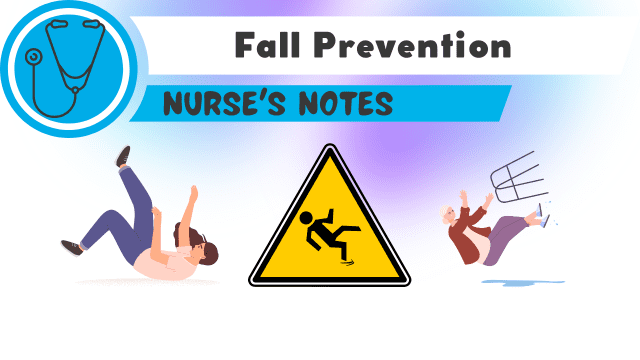All About Dementia Fall Risk
All About Dementia Fall Risk
Blog Article
The Best Guide To Dementia Fall Risk
Table of ContentsSome Known Incorrect Statements About Dementia Fall Risk The Definitive Guide for Dementia Fall Risk6 Easy Facts About Dementia Fall Risk ShownThe smart Trick of Dementia Fall Risk That Nobody is DiscussingDementia Fall Risk for Dummies
The FRAT has 3 sections: fall threat status, threat element list, and activity plan. A Fall Risk Standing consists of data about history of current falls, medicines, emotional and cognitive status of the individual - Dementia Fall Risk.If the client ratings on a threat element, the matching variety of points are counted to the client's loss risk score in package to the much right. If a client's autumn threat rating totals five or higher, the person is at high danger for drops. If the person scores only four factors or reduced, they are still at some threat of dropping, and the registered nurse ought to utilize their best professional analysis to take care of all loss danger aspects as component of a holistic treatment plan.
These common methods, in general, assist establish a safe environment that lowers unintentional drops and marks core safety nets for all individuals. Indications are important for patients in danger for falls. Doctor require to acknowledge that has the condition, for they are in charge of carrying out actions to promote individual security and protect against drops.
The Only Guide to Dementia Fall Risk
For example, wristbands ought to include the client's last and given name, date of birth, and NHS number in the UK. Details must be printed/written in black versus a white background. Just red shade ought to be utilized to indicate special client status. These referrals are regular with existing developments in patient recognition (Sevdalis et al., 2009).
Items that are too far may require the person to reach out or ambulate needlessly and can possibly be a threat or add to drops. Aids protect against the patient from going out of bed without any support. Nurses reply to fallers' call lights faster than they do to lights started by non-fallers.
Visual impairment can considerably create drops. Hip pads, when worn properly, may lower a hip crack when autumn occurs. Keeping the beds closer to the floor reduces the threat of drops and major injury. Placing the cushion on the flooring dramatically lowers autumn danger in some healthcare settings. Reduced beds are created to reduce the distance a patient drops after moving out of bed.
The Greatest Guide To Dementia Fall Risk
Individuals that are tall and with weak leg muscle mass that try to remain on the bed from a standing placement are likely to drop onto the bed due to the fact that it's as well reduced for them to decrease themselves safely. If a high patient attempts to get up from a low bed without aid, the client is most likely to fall back down onto the bed or miss out on the bed and fall onto the flooring.
They're designed to promote timely rescue, not to avoid falls from bed. Audible alarms can likewise advise the patient not to rise alone. Using alarm systems can additionally be a replacement for physical restrictions. Aside from bed alarms, enhanced guidance for risky people additionally might help avoid falls.

People with an evasion stride rise loss chances drastically. To minimize fall danger, shoes should be with a little to no heel, thin soles with slip-resistant tread, and support Clicking Here the ankles. Recommend client to use nonskid socks to avoid the feet from moving upon standing. Nevertheless, motivate clients to use suitable, well-fitting shoesnot nonskid socks for ambulation.
Dementia Fall Risk Can Be Fun For Anyone
In a research, homes with sufficient lights report less drops (Ramulu et al., 2021). Improvement in lights at home may decrease loss prices in older grownups.

Caretakers work for ensuring a safe and secure, protected, and safe atmosphere. Nevertheless, researches showed very low-certainty evidence that sitters decrease fall danger in severe treatment health centers and just moderate-certainty that choices like video monitoring can decrease sitter use without enhancing fall danger, recommending that caretakers are not as beneficial as originally thought (Greely et al., 2020).
Some Known Facts About Dementia Fall Risk.

Boosted physical conditioning reduces the threat for falls and limits injury that is received when autumn transpires. Land and water-based workout programs may be in a similar way helpful on balance and stride and consequently decrease the threat for falls. Water workout may add a positive advantage on balance and stride for ladies 65 years and older.
Chair Surge Exercise is an easy sit-to-stand workout that assists reinforce the muscle mass in the thighs and buttocks and boosts movement and independence. The objective is to do Chair Rise exercises without using hands as the client comes to be stronger. See sources section for an in-depth instruction on exactly how to execute Chair Rise workout.
Report this page